Elmo and Raya, a teal-colored girl Muppet, are appearing throughout Latin American and the Caribbean in public service announcements (PSAs) aimed at educating about the Zika virus. If you haven’t heard, the World Health Organization has declared the mosquito-borne disease a public health emergency, while the Centers for Disease Control and Prevention (CDC) has given Zika “Level 1 activation,” the agency’s highest response protocol. There are currently about 40 countries and territories in the world with active Zika virus transmission.
Why is Zika worthy of such worry? Individuals bitten by the Aedes mosquitos that carry the virus experience rather minor symptoms (e.g., “fever, skin rashes, conjunctivitis, muscle and joint pain, malaise, and headache”) that usually last for a week or less; however, babies born to Zika-infected mothers suffer much more dire effects. The infants often emerge with microcephaly, a condition characterized by undersized heads and inadequate brain development, which leaves those affected significantly disabled for the rest of their lives.
Zika is certainly a serious problem for individuals infected and for our world. That kind of gravity is not what you’d think of sharing with grade schoolers or younger children; yet, Sesame Street, in partnership with the Pan American Health Organization, is taking on the virus in 30 second TV spots, voiced in English, Spanish, and Portuguese.
In one PSA Elmo and Raya provide tips for preventing mosquito bites, such as keeping screens on windows and doors, using insect repellent, and wearing long sleeves and pants. In the other announcement the Muppets suggest battling the bugs by covering trash cans and removing standing water.
As might be expected, there’s nothing about the Sesame Street PSAs that’s fatalistic or graphic, besides Elmo swatting at one particularly pesky mosquito in the first video. So, it’s practically impossible that any child would be traumatized by the ads. But then again, how helpful can it be to share these tips with toddlers? Young kids aren’t in control of most of the things the PSAs mention. It’s their parents, grandparents, etc., who buy clothes and put screens on windows, so what’s the point of telling children how to combat Zika?
Well, anyone who has children knows that they are master influencers. Not only are they adept at asking for and getting things they see and want, they’re also experts at calling our parental hypocrisy. For instance, “Dad, you make me wear my seatbelt, so why aren’t you wearing yours?” Similarly, if they learn there’s something socially responsible that the family should be doing, they are often the ones who hold the household accountable.
It’s also important to remember that young children soon become older children, and eventually adults. It’s helpful, therefore, if kids internalize the right messages at an early age so they can develop and maintain good behavioral habits throughout their lives. Sesame Streets’ PSAs, therefore, may serve the same purpose as for-profit companies’ ads that aim to “get consumers while they’re young.”
Finally, there have always been and always will be unfortunate occurrences that kids need to know about for their own safety and that of others—fires, wars, terrorism, natural disasters, abductions, etc. As much as we’d like to shelter our children from the knowledge of these realities, censorship poses a much greater risk. Unfortunately what kids don’t know can hurt them.
Fun-loving, family-friendly brands like Sesame Street usually don’t want to associate themselves with topics as terrible as pandemics. However, with its Zika-fighting PSAs, Sesame Street creates stakeholder value and upholds societal values, showing its genuine concern for the families it serves, as well as for the world in which we all live. So, the Sesame Street letter of the day is “M,” as in “Mindful Marketing.”
Learn more about the Mindful Matrix and Mindful Meter.
Check out Mindful Marketing Ads and Vote your Mind!

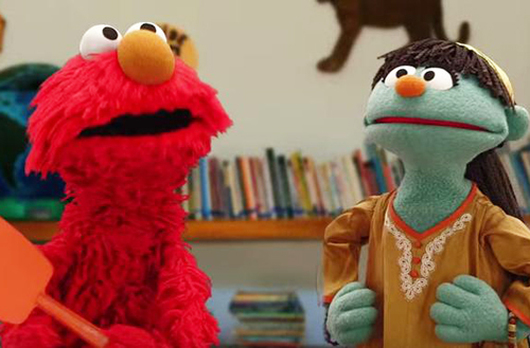
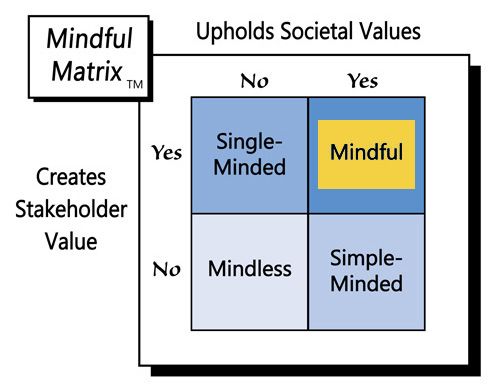
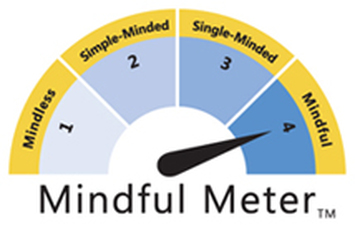

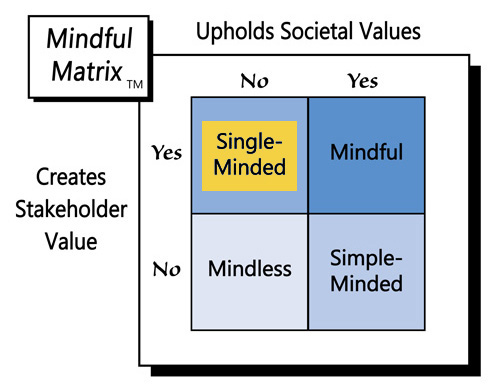
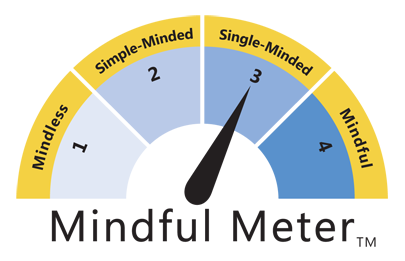

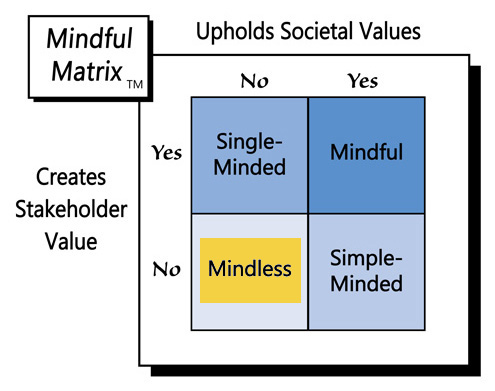
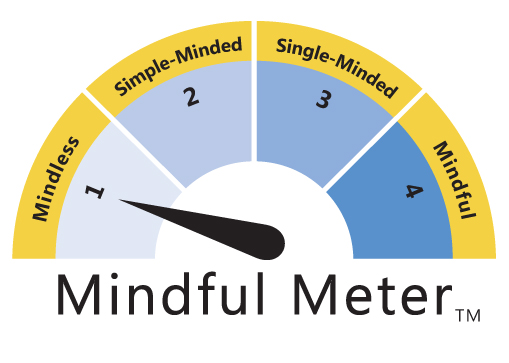

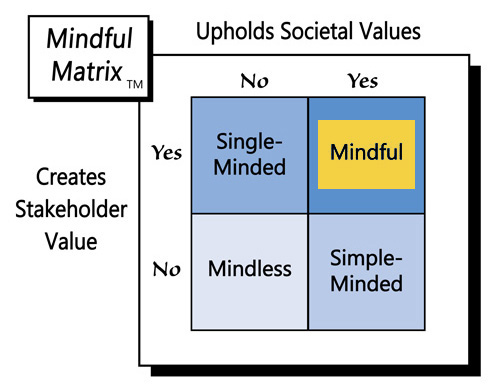
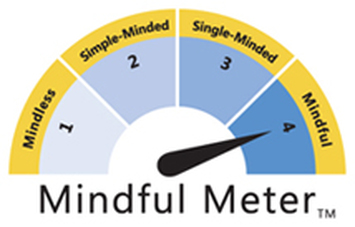
 RSS Feed
RSS Feed